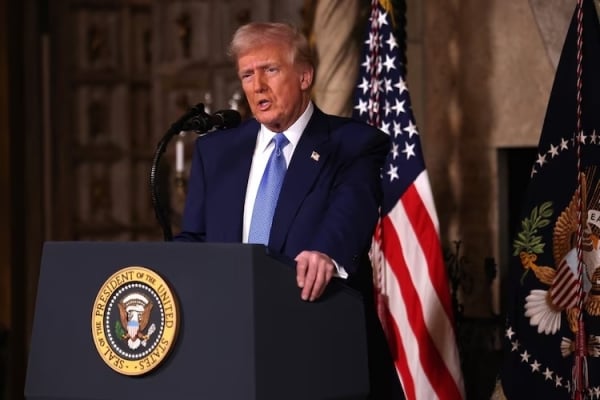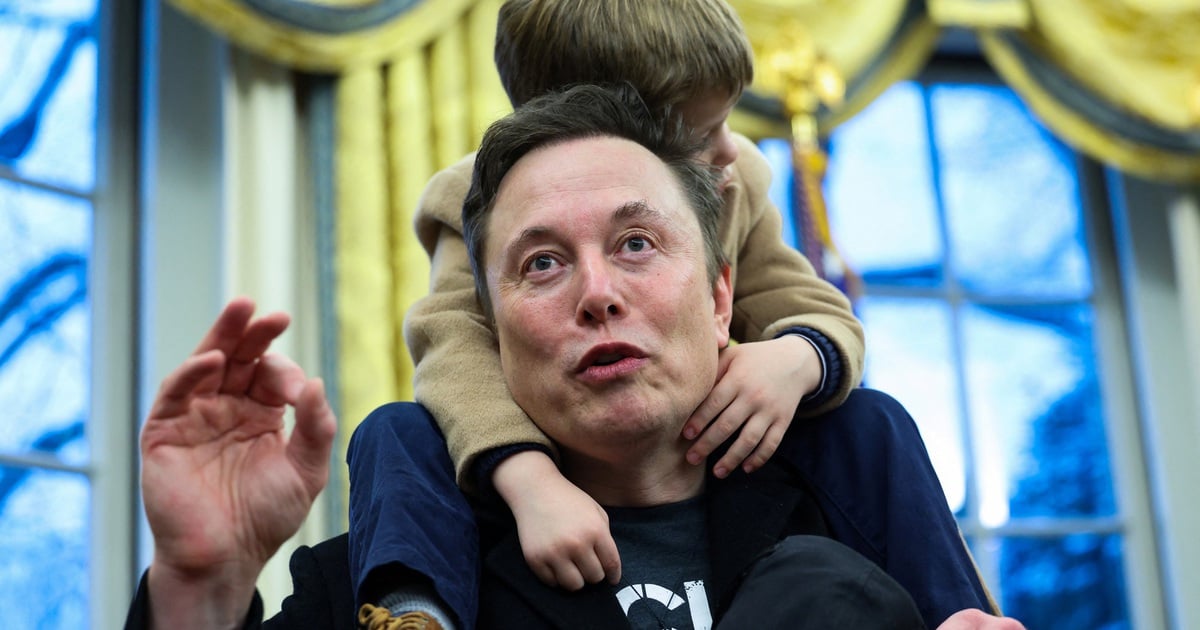First Citizens Bank has reached an agreement to acquire a majority stake in Silicon Valley Bank (SVB), the Federal Deposit Insurance Corporation (FDIC) said on March 27.
First Citizens will purchase approximately $72 billion of SVB’s assets at a $16.5 billion discount. Approximately $90 billion of SVB’s securities and other assets will remain under FDIC control.
In addition, the FDIC also received the right to increase the value of First Citizens Bank's common stock with a potential value of up to $500 million, the FDIC said.
SVB's 17 former branches will open as First-Citizens Bank & Trust Company on March 27, according to an FDIC statement.
As of March 10, SVB had total assets of about $167 billion and total deposits of $119 billion, the FDIC said. All of those deposits, along with SVB's loans, will be taken over by First Citizens.
The deal would significantly increase the size of First Citizens, which as of March 24 had a market value of about $8.4 billion, assets of about $109 billion and deposits of $89.4 billion.

First Citizens, headquartered in Raleigh, North Carolina, calls itself the largest family-owned bank in the United States. Photo: hustlermoneyblog.com
Calm before the storm
The deal between First Citizens and SVB brings some relief to markets after weeks of news of bank failures, bailouts and government support to shore up confidence.
SVB's history has turned a new page, but a big problem still exists, which is how to ensure the safety of deposits at all other banks in the region.
The collapse of SVB, followed by Signature Bank, more than two weeks ago sent shockwaves around the world, sending US depositors racing to withdraw their money from smaller banks and move to larger ones.
The crisis of confidence after the collapse of this bank was one of the reasons why Swiss bank Credit Suisse struggled and was acquired by the largest Swiss bank UBS.
Financial markets continued to be shaken late last week as shares of Germany's largest bank Deutsche Bank fell 8.6% on March 24.

Switzerland's largest bank UBS has agreed to buy Credit Suisse to stem the financial market turmoil caused by the collapse of SVB and Signature banks. Photo: AP
In March, the Stoxx index of European bank stocks fell more than 18% and the US KBW regional bank index fell 21%, leaving investors worried about what would happen next.
The latest turmoil in the global banking system has the potential to trigger a financial crisis, although it is too early to predict whether a repeat of 2008 will occur, Australia and New Zealand Banking Group chief Shayne Elliott said.
“Don’t ever think that after SVB and Credit Suisse, life will go back to normal. These things tend to go on for a long time,” Mr. Elliott asserted.
The question remains open.
The sudden increase in stress at banks has raised questions about whether major central banks will continue to raise interest rates aggressively to curb inflation, and whether tightening lending will hurt the global economy.
In Europe, bank bonds are under pressure, while credit default swaps (the cost of insuring against defaults) are also rising.
Deutsche Bank's five-year CDS spread, a measure of default risk, rose to 200 points, its highest level since late 2018, on March 24, according to data from S&P Global Market Intelligence.

Chairman Jerome Powell announced on March 22 that the Fed will raise interest rates slightly by 0.25%, the ninth increase since the beginning of 2022, to curb inflation. Photo: WSJ
In the US, flows into money market funds have surged from more than $300 billion to a record $5.1 trillion over the past month as depositors lost confidence in banks.
Faced with the threat of a widespread crisis, banking regulators around the world moved quickly to restore confidence in the system.
The US Federal Reserve and the central banks of Europe, Switzerland, Britain, Canada and Japan said they would work to make dollar financing easier. The Fed also set up an emergency lending program to provide additional support to banks.
Global bond traders believe the Fed will stop raising interest rates at its policy meeting in May, and will start cutting rates as early as June as the US economy is moving closer to the risk of recession .
Nguyen Tuyet (According to CNBC, Reuters, Bloomberg)
Source


























































Comment (0)